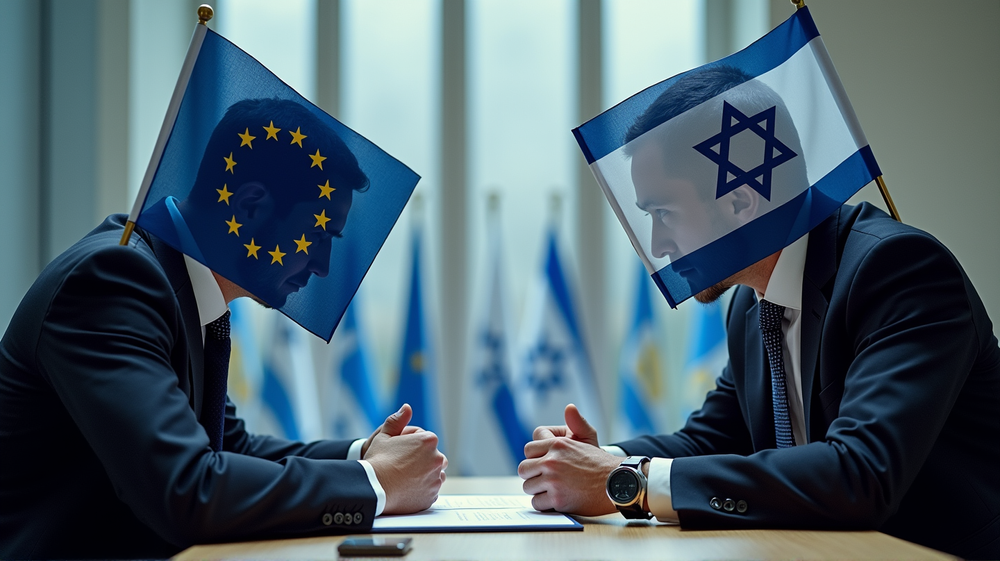A Shift in Dutch-Israel Relations
In a surprising move by the Netherlands, traditionally one of Israel’s staunchest allies within the European Union, Dutch Foreign Minister Caspar Veldkamp has called for an urgent review of the EU-Israel association agreement. This agreement stands as the cornerstone for the EU’s free trade partnership with Israel, making the call for revision particularly noteworthy. Veldkamp’s demand comes in response to Israel’s blockade on the supply of humanitarian aid to Gaza, which he categorizes as “catastrophic” and contrary to international humanitarian law.
Humanitarian Concerns and Legal Obligations
Minister Veldkamp’s strong stance stems from what he describes as clear breaches of human rights obligations tied to the association agreement. On reaching out to Kaja Kallas, the head of the European Union foreign service, the Dutch foreign minister emphasized the moral and legal imperatives at stake. “You cannot starve the people of the Gaza Strip,” Veldkamp asserted, highlighting not only the ethical implications but also questioning whether the blockade serves Israel’s long-term interests.
EU’s Trade Dynamics with Israel
The European Union represents Israel’s largest trading partner, adding weight to Veldkamp’s call for reevaluation. Historically, the Netherlands has been reluctant to discuss suspending this trade agreement, a strategy more vocally supported by countries like Ireland and Spain. Despite past resistance, the Dutch government has now indicated that it would not support extending the EU-Israel action plan unless significant changes are made.
The Geopolitical Landscape
The ramifications of a potential shift in EU-Israel trade relations could be profound, especially with upcoming discussions in Poland among EU foreign ministers. The Netherlands’ decision to potentially veto any extension of the association agreement is significant and could influence other EU members to re-evaluate their positions. Veldkamp’s comments underscore a deeply rooted commitment to upholding international law, particularly with the International Court of Justice situated in The Hague.
Calls for Diplomacy and Ceasefire
In discussions with the British foreign secretary, David Lammy, Veldkamp identified the resumption of a ceasefire as crucial for humanitarian relief and the release of hostages. Despite widespread criticism in Israel of Netanyahu’s approach, Veldkamp emphasized that achieving peace should be Israel’s priority. According to The Guardian, his appeal is timely as the international community, including Egyptian mediators, looks for pathways to peace in the region. With such complexity on the ground, the EU’s diplomatic strategies are now at a pivotal juncture.
The Road Ahead
The call for revisiting the trade deal with Israel marks a potential turning point in European diplomatic engagement with the Middle East, revealing underlying tensions and the geopolitical balancing act at play. The anticipation of the EU foreign ministers’ meeting in Poland adds urgency to these unfolding events, as countries within Europe contemplate a more unified or divided stance on this sensitive issue.












